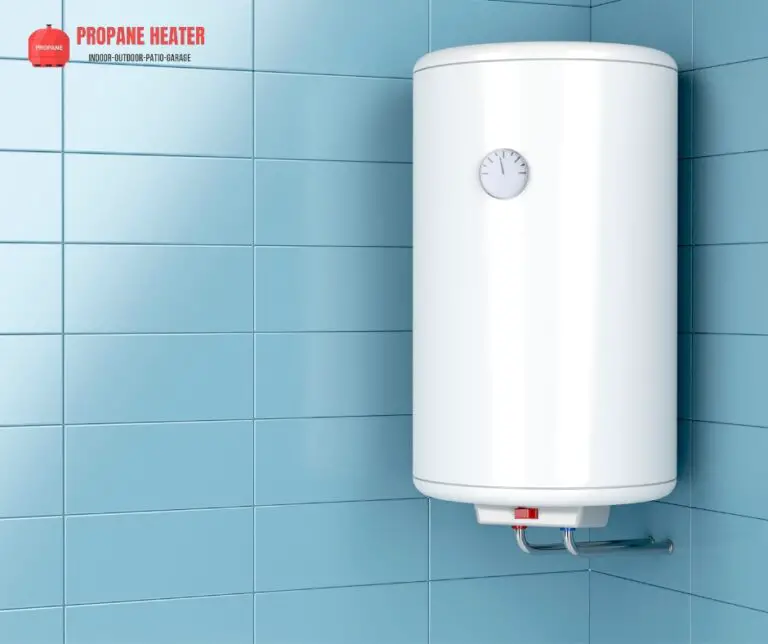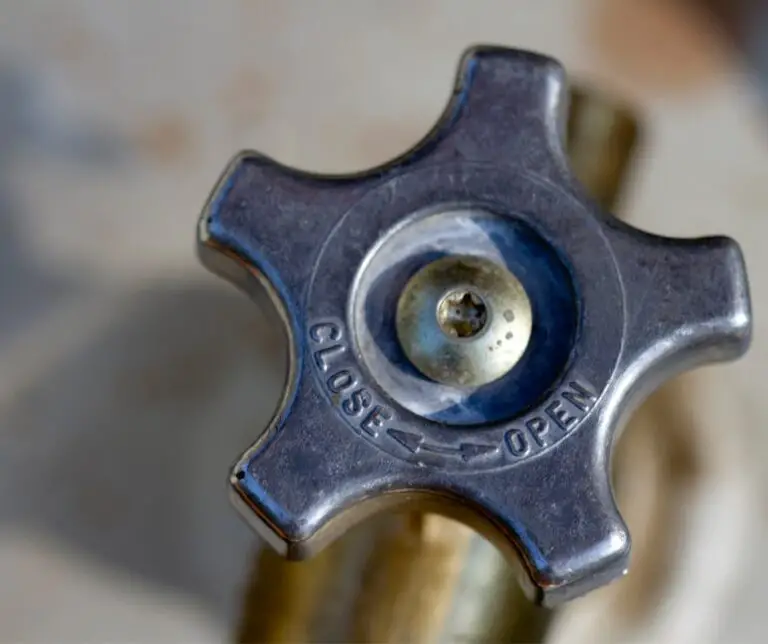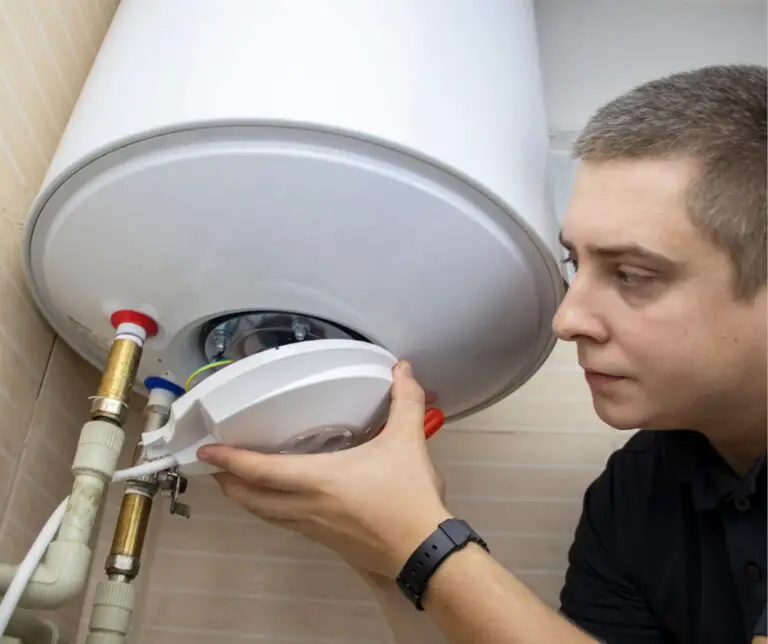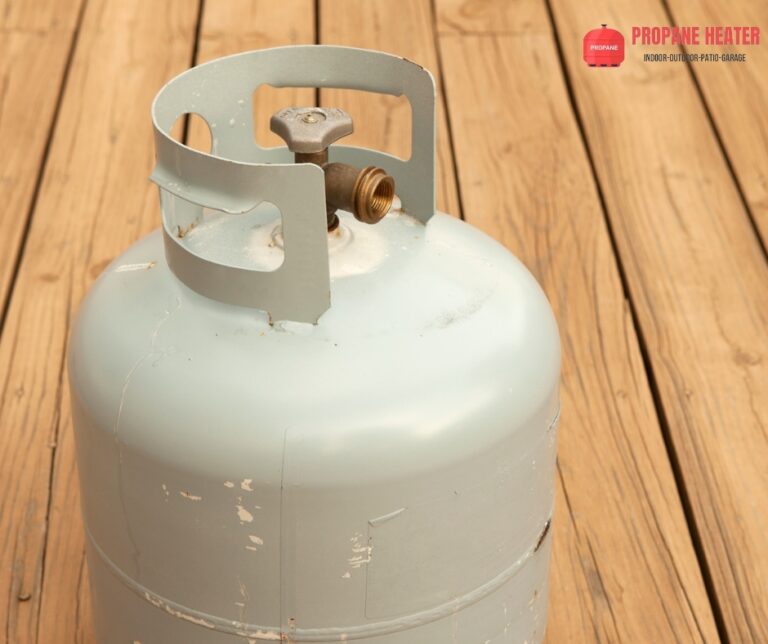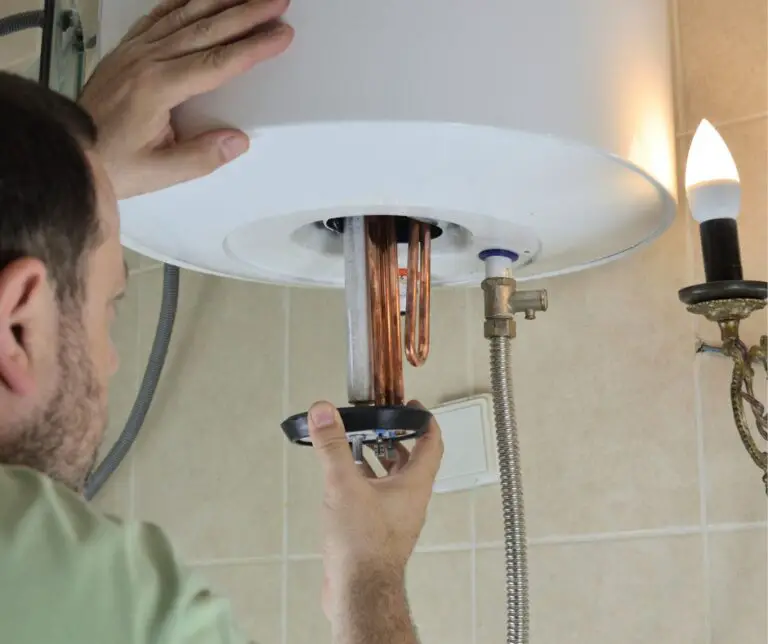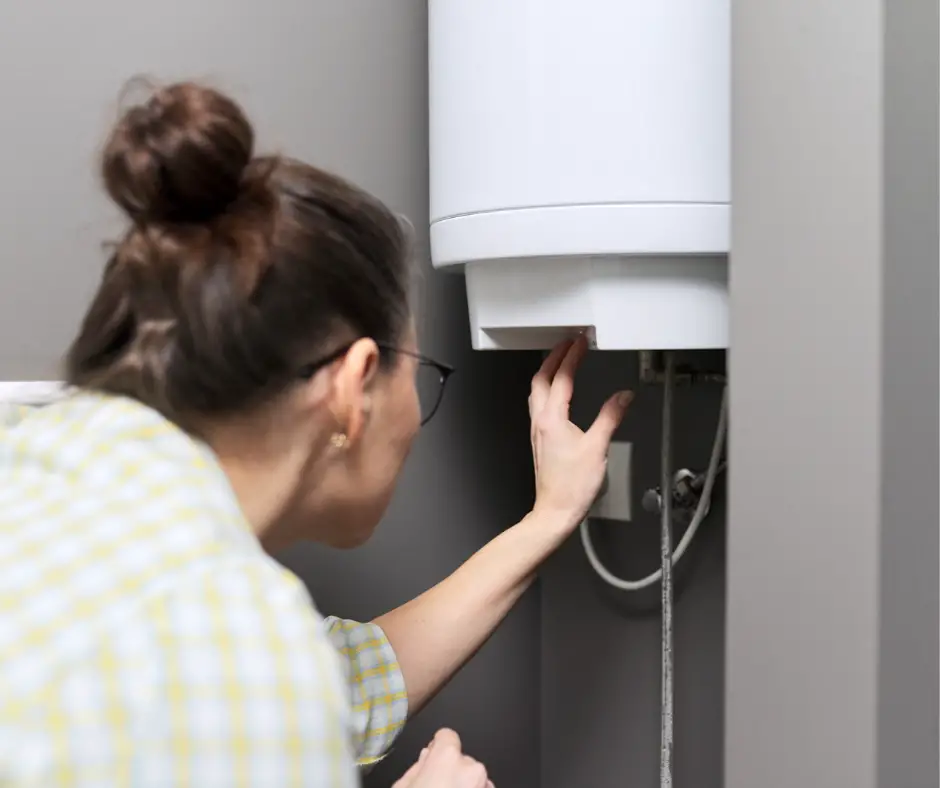
Tankless water heaters are a great way to save energy and keep your water hot. However, it’s important to understand how often they need maintenance so you can plan ahead for the cost. So, how long do tankless water heaters last? Tankless water heaters last for about 20 years or more if used properly. It also depends on the brand you are buying. Here are some tips on how long tankless water heaters last:
Comparing Tank and Tankless Water Heaters
1. The price of a tankless water heater is usually higher than that of a tank-type water heater
While the cost of running and maintaining a tankless water heater can be higher, it also depends on usage patterns. Tankless water heaters are typically more efficient, which means that you’ll pay less per gallon for your hot water compared to what you would with a traditional tank-type model.
2. Tankless water heaters are more energy efficient
It’s true that a tankless water heater is more energy-efficient than its counterpart. The main reason for this is that it heats only as much water as you need at any given time, which means that you don’t waste energy heating the whole tank when there’s just one person showering or washing dishes.
Tankless water heaters are also more efficient than tank models because they have lower standby losses than traditional tank models (they use less power when they are just sitting there). This can translate into big savings on your electricity bills.
3. Tankless water heaters are more reliable
It’s true that tankless water heaters are more reliable and durable than other models. They have fewer parts that can break, so they won’t need as much maintenance over the years. This saves you time and money—which is great news for anyone looking to purchase a new water heater.
4. Tankless water heaters are more environmentally friendly
Tankless water heaters are more environmentally friendly than traditional tanked water heaters. A single tankless water heater uses less energy and water than a traditional storage-tank water heater, so they don’t consume as much of either resource.
Some tankless models use even less energy than others: Tankless models with an Energy Star rating can reduce a home’s greenhouse gas emissions by as much as 40%.
When to Replace Your Tankless Water Heater
The first thing to consider is how old your tankless water heater is. If it’s more than 10 years old, it may be time to replace the unit.
Also, if your tankless water heater isn’t working properly or if you want to save money on energy bills and have a more efficient system then you may want to consider replacing your unit.
Another reason why you might consider replacing your tankless water heater would be if there are new features available that will make life easier for you with the same amount of payback as before.
How to Extend the Life of Your Tankless Water Heater
1. Maintenance
- Keep the tankless water heater clean. Examine the tankless water heater regularly, and have it cleaned and checked by a professional every couple of years.
- Replace the anode rod if necessary. If you notice that your hot water is not as hot, or if the appliance is taking longer to heat up, it may be time to replace your anode rod with a new one. This can extend the life of your tankless water heater considerably by preventing corrosion in the unit’s internal parts.
2. Regular cleaning
Regular cleaning of your tankless water heater is a must to keep it running efficiently. You should clean out the sediment and calcium buildup from inside the tankless water heater once every three months, or as needed.
If you don’t clean your tankless water heater regularly, calcium deposits can build up and cause corrosion in the interior of your unit, which will reduce its lifespan.
3. Regular testing
It’s important to test your tankless water heater periodically because it can help you catch problems before they cause damage. Most manufacturers recommend that you test yours once a year, but some say every six months or even more often depending on the number of people living in your home.
4. Regular replacement of parts
Regularly replacing parts on a tankless water heater is another way to extend its life and prevent costly repairs. Over time, the heating elements in these units may become corroded.
If you don’t replace them, they can cause an electrical short that could start a fire. If you replace your heating element every five years or so as recommended by manufacturers, this won’t happen.
5. Avoiding freezing temperatures
As you can see, this is why it is important to avoid the use of a tankless water heater in freezing temperatures. The unit will not work properly, which can cause damage to your home and to the unit itself. If you live in an area where cold weather is common during certain seasons like winter or spring, consider using a conventional water heater instead.
6. Avoiding extreme heat
Avoiding extreme heat is another way to make sure your tankless water heater lasts as long as possible. This means not leaving the unit on when you’re not using it.
However, keeping the tankless water heater on when not in use will cause it to overheat and shorten its lifespan. If you are going to leave your house for an extended period of time, turn off both the main supply valve and the pilot light at the top of the tankless unit.
Why Do Tankless Water Heaters Last for So Long?
Tankless water heaters are built to last.
They’re not cheap, and their manufacturers don’t skimp on quality. In fact, tankless water heaters are often made of the same materials as central heating systems. This means that if you buy a tankless water heater, you can expect it to last quite a long time—generally 20 years or more if you take proper care of it.
The parts in these products won’t wear out quickly either: they’re made with materials that won’t corrode or rust over time and will last for decades if properly maintained by the homeowner.
Pros of Getting a Tankless Water Heater
If you’re looking for a new water heater and want to save money and help the environment, consider getting a tankless water heater. Tankless water heaters can last as long as 30 years, and they use less energy than traditional gas-powered models. Here are some of the pros of getting a tankless water heater:
- Tankless water heaters are durable. Many homeowners say their tankless models have lasted more than 20 years before needing replacement parts or repair work.
- They’re easy to use, even when you’re not an experienced DIYer. Some models don’t require any tools at all—simply turn on the faucet! Your tankless unit will automatically heat up enough water for your immediate needs without wasting extra energy heating up too much at once.
Cons of Getting a Tankless Water Heater
The main drawback of this type of water heater is the price. Tankless gas water heaters are more expensive than their tank counterparts, so you’ll have to pay more for your new hot water supply.
Another disadvantage is that they’re more complicated than traditional water heaters. It’s not difficult to install or use a tankless system, but if you don’t have any plumbing experience or aren’t comfortable with taking on projects like this yourself, then you might want to hire someone who does have those skills and knowledge instead.
Conclusion
In the end, it’s important to consider a tankless water heater’s longevity when deciding whether or not you should buy one. If you have a large family or house and find yourself running out of hot water quickly, then purchasing a tankless model may be your best bet.

I am Richard A. Jackson man behind propane heating solution, An HVAC expert working as a team lead of the heating department, Provide services all over the USA (around all major cities), and from planning to implementation, you will get all your solution here. We provide various tanks (propane and other natural gases) and deal with disposable waste.

